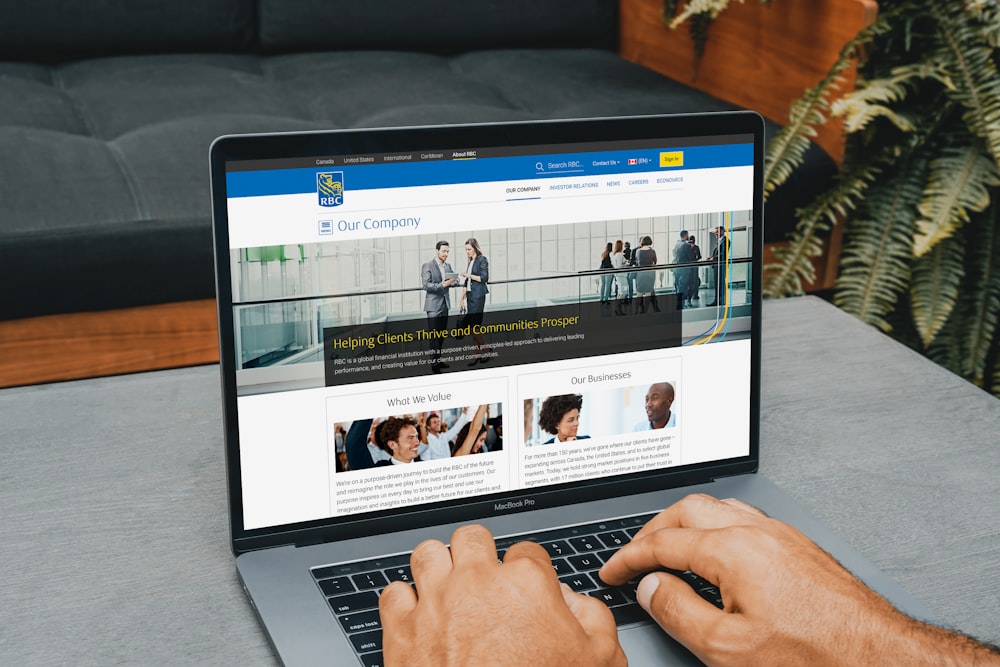Understanding Variable Costing Principles
In the realm of cost accounting, variable costing stands as a pivotal approach to understanding and managing costs within a business. Let’s delve into the core principles that underpin variable costing and explore its significance in modern-day financial management.
The Essence of Variable Costing
At its essence, variable costing focuses on isolating and allocating variable costs directly to the products or services they relate to. Unlike absorption costing, which also factors in fixed overhead costs, variable costing considers only those costs that fluctuate with changes in production levels or activity.
Variable vs. Fixed Costs
A fundamental aspect of variable costing lies in distinguishing between variable and fixed costs. Variable costs, such as raw materials and direct labor, vary in direct proportion to the level of production. On the other hand, fixed costs, like rent and salaries, remain constant regardless of production volume.
Cost Behavior Under Variable Costing
Under variable costing, costs are classified based on their behavior. Variable costs are directly attributed to the products they accompany, contributing to the cost of goods sold. Meanwhile, fixed costs are treated as period costs and are expensed in their entirety during the period they are incurred.
Contribution Margin Analysis
One of the key analytical tools derived from variable costing is contribution margin analysis. This approach focuses on calculating the contribution margin of each product by deducting variable costs from sales revenue. The contribution margin indicates the amount of revenue available to cover fixed costs and contribute to profit.
Benefits of Variable Costing
Variable costing offers several advantages over absorption costing, particularly in terms of decision-making and performance evaluation. By clearly separating variable and fixed costs, variable costing provides a more accurate picture of the cost structure, enabling managers to make informed decisions about pricing, product mix, and resource allocation.
Enhanced Decision-Making
Variable costing empowers managers with actionable insights into cost behavior and profitability. By focusing on variable costs directly associated with production, managers can assess the impact of changes in sales volume or pricing strategies on profitability. This enables them to make strategic decisions that maximize profitability and minimize costs.
Improved Performance Evaluation
Variable costing also facilitates more accurate performance evaluation metrics. By excluding fixed overhead costs from product costs, variable costing aligns with the principle of controllability. Managers can evaluate the performance of various segments or products based on their contribution margins, enabling them to identify areas for improvement and allocate resources more effectively.
Flexibility in Cost Management
Another advantage of variable costing lies in its flexibility in cost management. Unlike absorption costing, which allocates fixed overhead costs to products regardless of their production levels, variable costing treats fixed costs as period expenses. This approach allows businesses to adapt to fluctuations in production volumes without distorting product costs.
Challenges of Variable Costing
While variable costing offers numerous benefits, it is not without its challenges. Critics argue that variable costing ignores the importance of fixed costs in the long run and may lead to underestimating the true cost of production. Additionally, variable costing may not comply with generally accepted accounting principles (GAAP) in certain situations.
Conclusion:
In conclusion, variable costing is a valuable tool in cost accounting that provides businesses with a clearer understanding of cost behavior and profitability. By focusing on variable costs directly related to production, variable costing enables managers to make informed decisions about pricing, product mix, and resource allocation. While it may have its limitations, variable costing remains a powerful approach to cost management in today’s dynamic business environment. Read more about Variable costing















